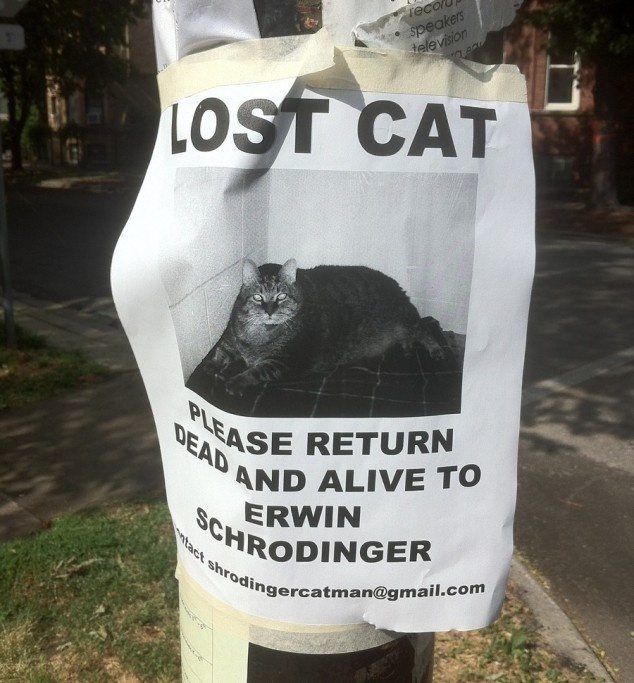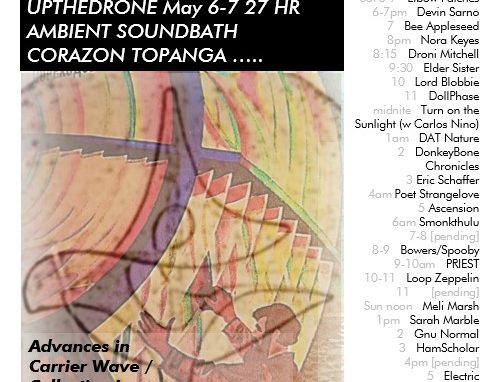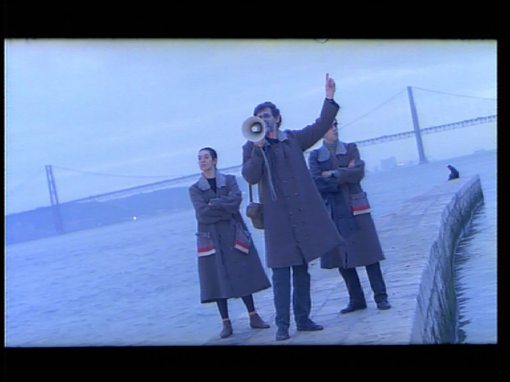Our compadre @alexandradillon (IG) pointed out this new variant on Quantum Theory, that ties neatly back into our recent post About that “Unifying Meta-Theory of UFOs…” referencing an integrative model put forward recently by philosopher Sean Esbjorn-Hargens, who talks of the need to move towards accepting “degrees of reality” (somewhat after Charles Fort). In other words, without a much more expansive and nuanced concept of reality there is no hope of ever getting to a scientific understanding of the paranormal. (More or less.)
One could connect that push to Robert Anton Wilson’s “Maybe Logic” as well, arguably. So this is another placeholder post til we can chew on the paper and make some sense of it for ourselves.
Stu Kaufman btw fwiw is described as a founder of “BioComplexity”, and still affiliated with the Santa Fe Institute, one of the hubs for Complexity, Chaos, Non-Linearity and all those goodly newfangled scientific concepts.
Taking Heisenberg’s Potentia Seriously – Kastner, Kauffman, Epperson
It is argued that quantum theory is best understood as requiring an ontological duality of res extensa and res potentia, where the latter is understood per Heisenberg’s original proposal, and the former is roughly equivalent to Descartes’ ‘extended substance.’ However, this is not a dualism of mutually exclusive substances in the classical Cartesian sense, and therefore does not inherit the infamous ‘mind-body’ problem. Rather, res potentia and res extensa are proposed as mutually implicative ontological extants that serve to explain the key conceptual challenges of quantum theory; in particular, nonlocality, entanglement, null measurements, and wave function collapse. It is shown that a natural account of these quantum perplexities emerges, along with a need to reassess our usual ontological commitments involving the nature of space and time.
(Our emphasis)
https://arxiv.org/abs/1709.03595
A couple good quotes from the popsci version over at ScienceNews:
But the universe is not required to conform to Newtonian nostalgia. And more generally, scientists often presume that the phenomena nature offers to human senses reflect all there is to reality. “It is difficult for us to imagine or conceptualize any other categories of reality beyond the level of actual — i.e., what is immediately available to us in perceptual terms,” Kastner and colleagues note. Yet quantum physics hints at a deeper foundation underlying the reality of phenomena — in other words, that “ontology” encompasses more than just events and objects in spacetime.
This proposition sounds a little bit like advocating for the existence of ghosts. But it is actually more of an acknowledgment that things may seem ghostlike only because reality has been improperly conceived in the first place. Kastner and colleagues point out that the motions of the planets in the sky baffled ancient philosophers because supposedly in the heavens, reality permitted only uniform circular motion (accomplished by attachment to huge crystalline spheres). Expanding the boundaries of reality allowed those motions to be explained naturally.
Similarly, restricting reality to events in spacetime may turn out to be like restricting the heavens to rotating spheres. Spacetime itself, many physicists are convinced, is not a primary element of reality but a structure that emerges from processes more fundamental. Because these processes appear to be quantum in nature, it makes sense to suspect that something more than just spacetime events has a role to play in explaining quantum physics.




